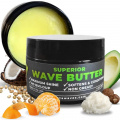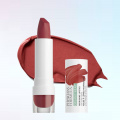9 Surprising Cardamom Side Effects You Must Know About
When we hear the word cardamom, it invokes a sense of intoxicating aroma. But be wary of cardamom side effects that may occur with overconsumption of this spice.
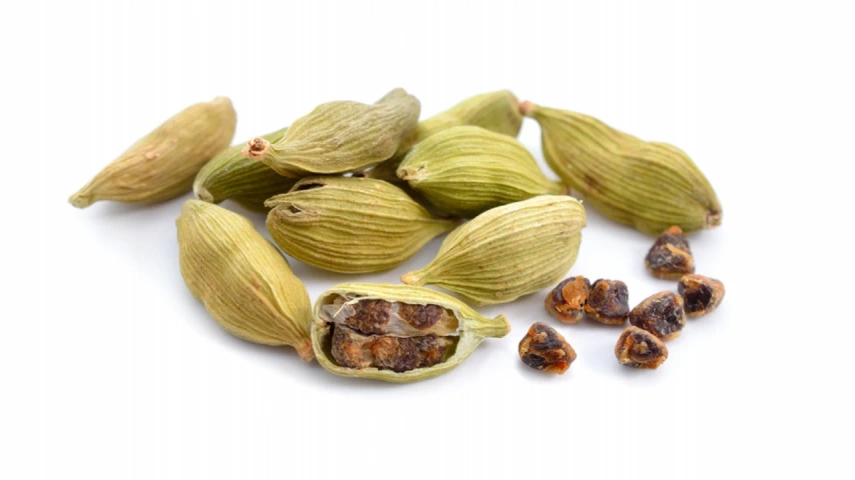
Cardamom, the green spice, has been a popular presence since time immemorial. Though noted for its benefits, cardamom side effects are real and you must be aware of these before you indulge and spice up your dishes with them. The great ancient civilizations of India, China, and Greece all heaped praise on this little green bulb. Derived from plants belonging to the genera Elettaria and Amomum, which are part of the ginger family, they currently are an integral presence globally. But, like all things of great reputation, cardamoms have their own downside. Read on to gather the answer to your query: is cardamom good for you?
Top 9 Side Effects of Cardamom
Here are 9 potential side effects of consuming cardamom, presented in a journalistic style suitable for a lifestyle magazine:
1. Allergic Reactions
While rare, some individuals may develop allergic reactions towards cardamom (1). Symptoms may include itching, hives, swelling of the face or throat, and difficulty breathing. If you experience any of these signs, seek medical attention immediately.
2. Gastrointestinal Disturbances
Excessive consumption of cardamom can lead to gastrointestinal discomfort. Some individuals may experience symptoms such as heartburn, indigestion, bloating, or diarrhea. It's advisable to consume cardamom in moderation to prevent such issues. This is one of the major side effects of cardamom.
3. Lower Blood Pressure
Cardamom is known to possess hypotensive properties, which means it may lower blood pressure (2). While this can be beneficial for individuals with high blood pressure, those with already low blood pressure should exercise caution to avoid further drops. So if you have a history of lower blood-pressure related ailments, be wary of using cardamoms.
4. Interference with Medications
You may love to indulge in cardamom but know that cardamom contains compounds that may interact with certain medications (3). If you're taking blood-thinning medications or drugs for diabetes, it's important to consult your healthcare provider before consuming cardamom regularly to prevent any potential complications.
5. Hormonal Effects
Some studies suggest that cardamom may have estrogenic effects, which could influence hormone levels in the body (4). Individuals with hormone-sensitive conditions, such as breast or uterine cancer, should use cardamom cautiously and seek medical advice.
6. Skin Irritation

Some anecdotal evidence suggests that direct contact with cardamom, especially in its essential oil form, can cause skin sensitization or irritation in some individuals. If you notice any adverse skin reactions, discontinue use and seek medical advice.
7. Dermatitis
Cardamom may need to be handled with caution by some. Cardamom is known to contain terpenes in its seed. While unwrapping the bulbs, contact with the seeds may induce dermatitis (5). Seek professional help immediately if you find yourself in such an unfortunate scenario.
8. Respiratory Issues
Inhalation of cardamom powder can trigger respiratory irritation in sensitive individuals (6). People with respiratory conditions, such as asthma or chronic bronchitis, should avoid excessive exposure to cardamom fumes.
9. Blood Sugar Interactions
Cardamom may influence blood sugar levels, potentially affecting individuals with diabetes or those undergoing surgery (7). It's advisable to monitor blood sugar closely if consuming cardamom in medicinal amounts and inform your healthcare provider.
However, bear in mind that these side effects are not experienced by everyone, and cardamom is generally considered safe for most individuals when consumed in proper amounts. However, if you have specific concerns or pre-existing health conditions, it's best to consult a healthcare professional before incorporating cardamom into your routine.
How to Use Cardamom the Right Way
In the realm of spices, few can rival the mesmerizing allure of cardamom. With its distinct aroma and complex flavor profile, cardamom has earned its place as a beloved ingredient in culinary traditions around the world. Let us look at the correct ways in which we can use cardamom:
1. Choose the Perfect Cardamom
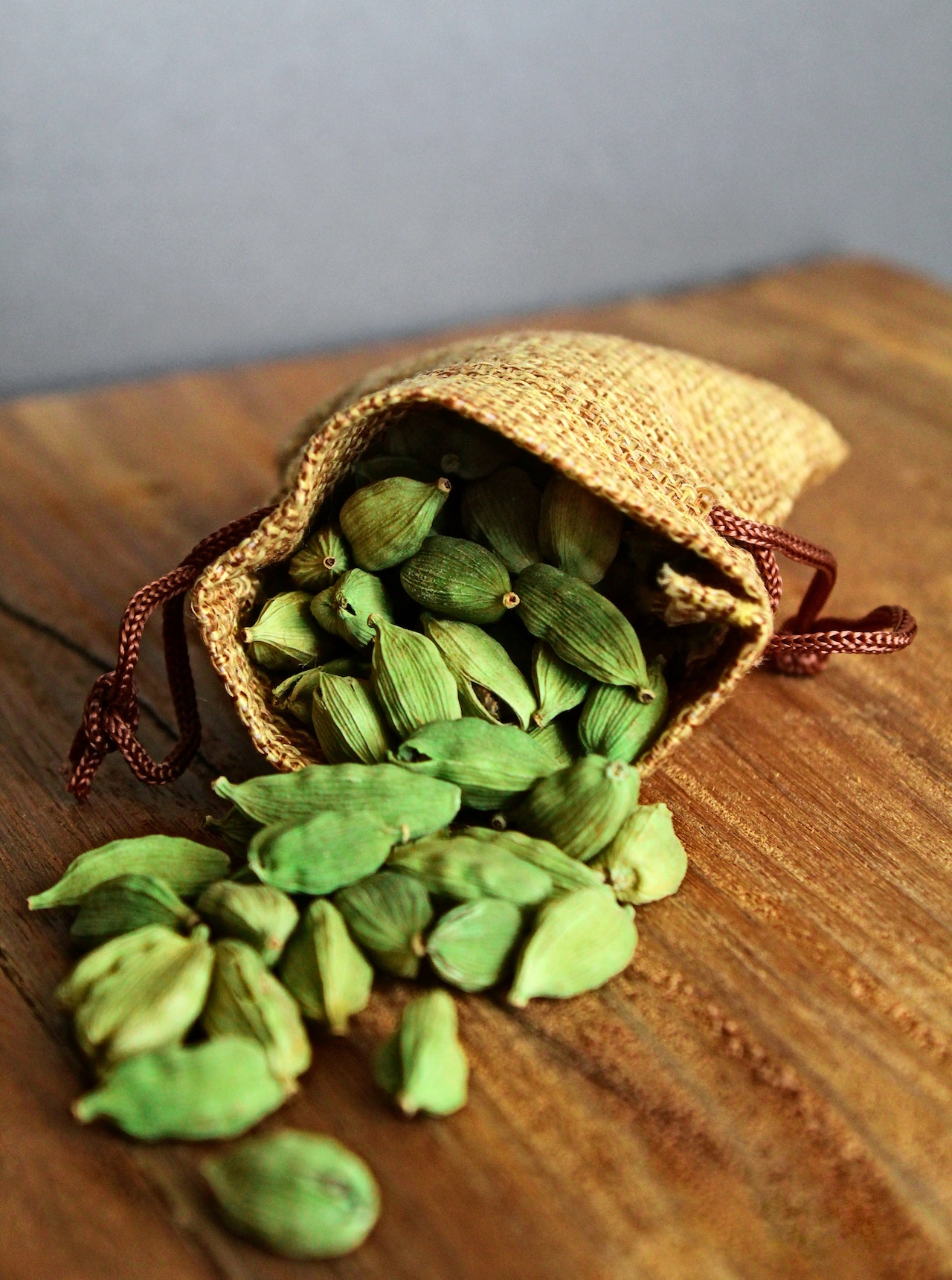
Before embarking on your cardamom-infused culinary adventure, it's essential to select the right variety. There are two primary types: green cardamom and black cardamom. Green cardamom, with its vibrant green pods, boasts a fresh and floral flavor, making it ideal for desserts, beverages, and delicate dishes. On the other hand, black cardamom, known for its smoky and earthy notes, shines in heartier preparations like stews and meat-based dishes. Experiment with both to explore their unique characteristics.
2. Extract Cardamom's Essence
To unveil cardamom's essence, it's crucial to master the art of extraction. While you can find pre-ground cardamom powder, the true magic lies in freshly ground seeds. Gently crack open the cardamom pods to reveal the precious seeds inside. With a mortar and pestle or a spice grinder, crush the seeds into a fine powder. This process ensures maximum flavor release, infusing your dishes with cardamom's aromatic prowess.
3. Enhance Sweet Delights
Cardamom possesses an inherent affinity for desserts, adding a touch of sophistication and intrigue. From creamy rice puddings to fragrant baked goods, the possibilities are endless. Consider infusing your favorite custards, ice creams, and pastries with a hint of freshly ground cardamom. Its delicate floral undertones will tantalize your taste buds and elevate the sweetness to new heights.
4. Explore Savory Sensations
Don't limit cardamom's potential to the realm of sweets. Unleash its savory prowess by incorporating it into your savory creations. Add a pinch of freshly ground cardamom to spice rubs, marinades, or curries for a subtle complexity that will leave your guests craving more. The smoky essence of black cardamom shines in hearty soups, braised meats, and rich sauces, imparting a distinct and memorable flavor.
5. Quench Thirst with Cardamom
Cardamom's enchantment extends beyond the plate, making it a captivating addition to your beverage repertoire. Whether you're brewing a soothing cup of cardamom-infused tea or crafting refreshing mocktails and cocktails, this spice elevates every sip. Combine it with complementary flavors like citrus, ginger, or mint to create delightful concoctions that awaken the senses.
How Much Cardamom Should You Eat Cardamom Every Day?
Determining the ideal daily intake of cardamom can be subjective and may vary based on factors such as personal preference, health condition, and overall dietary habits. While cardamom is generally safe for consumption in culinary amounts, it is recommended to use it in moderation like any other spice. As a rough guideline, a daily intake of 1-2 teaspoons (2-4 grams) of cardamom powder or crushed seeds is considered reasonable for most individuals.
Nevertheless, it's important to note that the specific dosage or recommended daily intake may differ for individuals with certain health conditions or those taking medications. For example, individuals with gallbladder problems, liver issues, or who are on blood-thinning medications should exercise caution and consult with a healthcare professional to determine the appropriate amount of cardamom for their situation.
Furthermore, it's worth mentioning that the cumulative intake of cardamom from various sources, including dishes, beverages, and even commercial products, should be taken into account when considering daily consumption. Balancing cardamom intake with a diverse and balanced diet is key to reaping its potential benefits while maintaining overall nutritional harmony.
Precautions to Keep in Mind While Using Cardamom
While cardamom is generally safe for consumption in culinary amounts, it's important to keep a few precautions in mind.
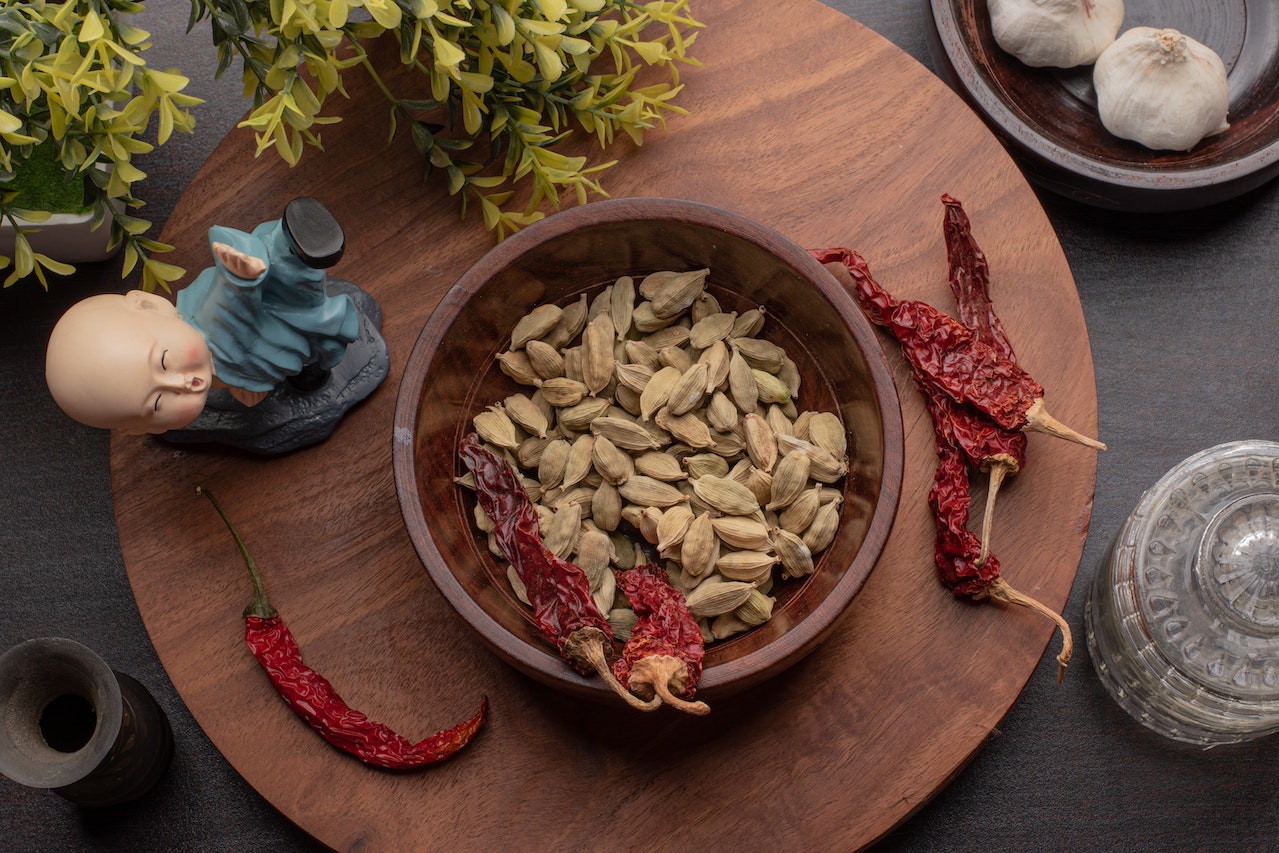
- Consume cardamoms in moderation, because overindulging in them can cause stomach issues.
- Everyone's sensitivity to spices can vary. Some individuals may experience adverse reactions to cardamom, such as skin irritation or respiratory issues. If you notice any unusual symptoms after consuming or handling cardamom, discontinue use and seek medical advice if necessary.
- Although it’s rare to be allergic to cardamoms, in some cases, that might happen. If you experience itching, swelling, or rashes after consuming cardamoms, don’t wait and seek medical help immediately.
- If you're on blood thinners or taking medications for liver or gallbladder conditions, it’s crucial that you talk to your doctor before consuming cardamoms. This is because cardamoms contain certain compounds that may interact with certain medications.
- While cardamom is generally considered safe for consumption during pregnancy and breastfeeding when used in culinary amounts, it's always recommended to consult with a healthcare professional to ensure it aligns with your specific situation.
- Cardamom is generally safe for children when used in culinary amounts. However, it's important to introduce new spices gradually and monitor for any adverse reactions or sensitivities.
- Ensure that you source high-quality cardamom from reputable suppliers. Store it in a cool, dry place, away from direct sunlight, to maintain its freshness and flavor for longer periods.
Conclusion
Cardamom is a culinary gem that deserves a place of honor in your spice cabinet. Its aromatic essence and complex flavor profile lend a touch of magic to both sweet and savory dishes. By skillfully incorporating cardamom into your culinary creations, you can embark on a journey of sensory exploration, infusing your meals with the rich tapestry of this remarkable spice. Though heralded for its intoxicating aroma and the flavor profile it induces dishes with, cardamom side effects should not be ignored.
Sources:
1. Allergic contact dermatitis from cardamom
https://onlinelibrary.wiley.com/doi/abs/10.1111/j.1600-0536.1975.tb05361.x
2. Blood pressure lowering, fibrinolysis enhancing and antioxidant activities of Cardamom (Elettaria cardamomum)
https://nopr.niscpr.res.in/handle/123456789/7254
3. The effects of green cardamom supplementation on blood glucose, lipids profile, oxidative stress, sirtuin-1 and irisin in type 2 diabetic patients: a study protocol for a randomized placebo-controlled clinical trial
https://bmccomplementmedtherapies.biomedcentral.com/articles/10.1186/s12906-017-2068-6
4. Estrogenic and Anti-Alzheimer’s studies of Zingiber officinalis as well as Amomum subulatum Roxb.: the success story of dry techniques
https://link.springer.com/article/10.1007/s00044-014-1166-y
5. Herbal Medicines: Possible Risks and Benefits
6. Cardamom (Elettaria cardamomum) and Its Active Constituent, I,8-cineole
https://www.worldscientific.com/doi/abs/10.1142/9789812837912_0003
7. Comparison of the efficacy of cardamom (Elettaria cardamomum) with pioglitazone on dexamethasone-induced hepatic steatosis, dyslipidemia, and hyperglycemia in albino rats https://www.ncbi.nlm.nih.gov/pmc/articles/PMC4542401/





 JOIN OUR WHATSAPP CHANNEL
JOIN OUR WHATSAPP CHANNEL



































